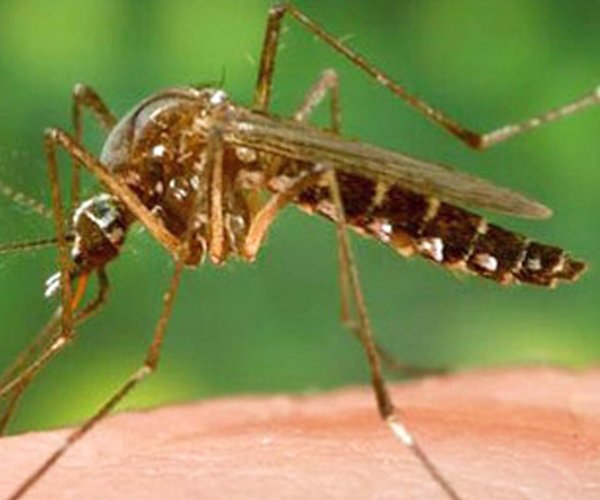Gemperle Family Farms is celebrating a new milestone in their hen care, a highlight of their first sustainability report of 2022.
"In May 2021, our farms became 100% cage-free in California, which was seven months ahead of schedule. All of our hens live in aviaries and are free to fly, perch, dust bathe and participate in healthy hen behavior," said Steve Gemperle, president of Gemperle Family Farms.
100% cage-free practices are in compliance with California Proposition 12. Prop 12 was passed in 2018, but only began to be in effect in 2022.
Mike Gemperle, vice president of Gemperle Family Farms, explained that it was a major goal for them to lead the way when it comes to safer and more humane farming practices.
"We hold a deep respect and are deeply grateful for our agricultural land and environment, and the animals, customers and employees we interact with daily,” he said.
But the farm’s safe egg production has not only benefited its paying consumers, as the sustainability report has offered praise to the fact that between 250,000 to 500,000 eggs are donated ever year to Central Valley nonprofits.
When it comes to their eggs, the farm is expecting to rely on more solar energy to for their egg processing facilities and to continue conserving water for their almond orchards with micro-irrigation. In their egg farming and processing operations, Gemperle has reportedly reduced their waste disposal by 95% since 2000 through increased bulk recycling of cardboard, paper, carton pulp, poly plastic, and PET plastic. Egg cartons are manufactured with recycled materials.
In terms of their almond orchards, one of the goals the farm is to transition 116 acres of almond orchards to organic production by 2025. All plastic containers used in almond farming are also recycled.
The report also stated that cover crops are planted on over 65% of Gemperle orchards and that the remaining orchards that do not have a planted cover crop have resident vegetation growing between the trees. It is believed that cover crops are a sustainable source of nutrients and that the more the soil is used, the better it becomes.
"We are science-based farmers and get involved in progressive programs and research to improve our farming methods," explained Richard Gemperle, hydrogeologist and almond farmer. “Cover crop, hedge rows and pollinator strips are used to supply habitat for wildlife and pollinators as well as nourish our farm's soil."
Some of the wildlife welcomed on the Gemperle properties are owl predators to control rodents both in almond fields and outside of egg barns.
Mike Gemperle spoke about the importance of conserving the lands they operate on.
“Our generation is merely a temporary steward of our agricultural land, air and water” he said. “They belong to future generations."
The full sustainability report of Gemperle Family Farms can be found at www.gemperle.com/wp-content/uploads/2022/04/Gemperle-Farms-Sustainability-22.pdf





